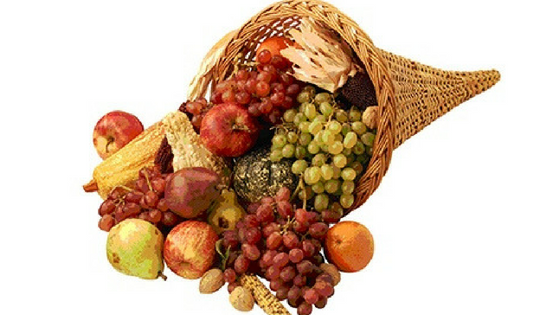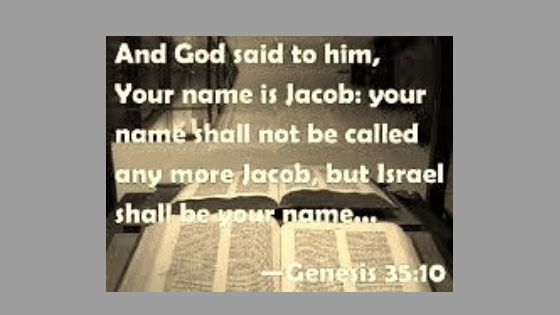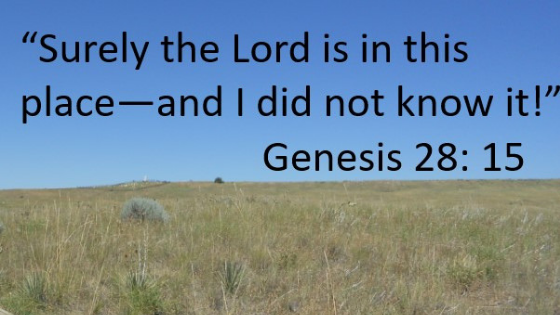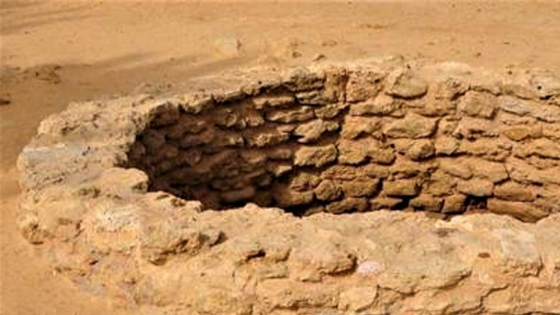Shabbat Table Talk
Parashat Ki Tavo – Erev Shabbat 01 September 2018
Week of 27-31 August
Torah portion: Deut. 26:1- 29:8 Haftarah: Isaiah. 60: 10-63:9
Download
 Our Torah portion for this week, Ki Tavo, literally “when you shall arrive”, because it presents different laws taught to the Israelites before they arrive in the Land of Canaan. The first of these different laws or obligations is the offering of the First Fruits. Moses was giving the instructions, with the priest you shall make the offering of the First Fruits in a basket saying, ‘We remember when we were slaves in Egypt. We remember how God brought us to freedom with a strong hand and outstretched arm, with signs and miracles. You, God brought us to this land flowing with milk and honey. And now I have brought these first fruits that you, God have given us’ (Dt 26:8-10). The portion of the Salvation History, from Egypt to Canaan. The pain and cruelty of slavery, the dry and harshness of the desert and now the joy and new life of this land flowing with milk and honey and the future ahead. These mixtures of events forming and shaping the life of these people, is like the art of basketry, a variety of fibrous or pliable materials – anything that will bend and form a shape. Theology of the BASKET, basket of first fruits and gratitude.
Our Torah portion for this week, Ki Tavo, literally “when you shall arrive”, because it presents different laws taught to the Israelites before they arrive in the Land of Canaan. The first of these different laws or obligations is the offering of the First Fruits. Moses was giving the instructions, with the priest you shall make the offering of the First Fruits in a basket saying, ‘We remember when we were slaves in Egypt. We remember how God brought us to freedom with a strong hand and outstretched arm, with signs and miracles. You, God brought us to this land flowing with milk and honey. And now I have brought these first fruits that you, God have given us’ (Dt 26:8-10). The portion of the Salvation History, from Egypt to Canaan. The pain and cruelty of slavery, the dry and harshness of the desert and now the joy and new life of this land flowing with milk and honey and the future ahead. These mixtures of events forming and shaping the life of these people, is like the art of basketry, a variety of fibrous or pliable materials – anything that will bend and form a shape. Theology of the BASKET, basket of first fruits and gratitude.
In the second part of Deut. 26:11– 12, “When you have finished the separation of the tithes from all your harvests and have given them to the Levite, the foreigner, the widow and the orphan, that they may eat within your very city until they are satisfied”. I am reading this verse in mind, that there is also some first fruits or fruits from the land that are offered to the less fortunate. The tithing system described in the Bible was designed specially to meet the needs of the religious, economic and political system of ancient Israel. In our Torah portion, it seems tithes were used to meet the needs of foreigners, orphans and widows. (Deut. 26:12-13). Speaking of tithes, Korban comes into mind. Korban, is any of a variety of sacrificial offerings described and commanded in the Torah. In the equation of our lives, God and the less fortunate have a place.
We come to the concluding discourse of Moses beginning in Deut. 26:16, Israel the people of God. Throughout the Torah, we constantly hear this prominent theme, “You will be my treasured possession, if you keep my Laws”, the Genesis of the people of God. The Lord has today declared you to be His people, a treasured possession. He promised you, and that you should keep all His commandments; and He will set you up high above all nations which He has made, for praise, and honor; and that be a consecrated people to the Lord your God, as He has spoken. (Deut. 26:18-19)
My final inspiration from Ki Tavo, is the writing of the Law on stones, “After you have crossed the Jordan into the land Yahweh is giving you, you are to set up large stones and coat them with lime and write on them all the words of the Law. Coating the stones with lime, “this method preserved the inscription better than an incision in the stone, which often weathered badly”(Plaut pg 1515). There are different versions of what to write down; the book of Deuteronomy, the whole of the Torah or the essential teaching of the Torah. The underlying values of Torah on large stone is; Torah on strong foundation, Torah in the land, permanency forever to guide and shape our lives.
Bibliography: The Jerusalem Bible- Popular Edition. Plaut, The Torah, A Modern Commentary (UAHC New York 1981). Fox, The Five Books of Moses (Shocken, Random House New York, 1997).
For Reflection and Discussion: 1. How is First Fruits express in your culture. 2. Theology of the Basket, commend.
3. Different ways of expressing tithes. 4. Laws on Stones or in our Hearts.
This week’s teaching commentary was prepared by
Aliki Langi. Gladstone, Australia, Bat Kol alumni 2005, 2018
Email: 1alikilangi@tpg.com.au
[Copyright 2018]
……………………………………………………………..
PLEASE NOTE: The weekly Parashah commentaries represent the research and creative thought of their authors, and are meant to stimulate deeper thinking about the meaning of the Scriptures. While they draw upon the study methods and sources employed by the Bat Kol Institute, the views and conclusions expressed in these commentaries are solely those of their authors, and do not necessarily represent the views of Bat Kol. The commentaries, along with all materials published on the Bat Kol website, are copyrighted by the writers, and are made available for personal and group study, and local church purposes. Permission needed for other purposes. Questions, comments and feedback are always welcome.
……………………………………………………………………….



